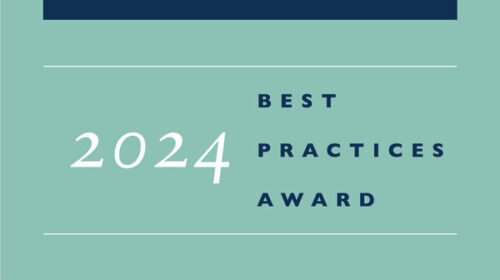Sebi asks stockbrokers to set up institutional mechanism to tackle fraud, market abuse. All you need to know

Capital market regulator Securities and Exchange Board of India (Sebi) directed stockbrokers to establish an institutional mechanism to detect and prevent fraud and market abuse. The initiative aims to instil confidence in the securities market.
The Sebi circular, released on Thursday, states that its provisions will come into force in a risk-based, staggered manner to ensure smooth adoption by all stockbrokers. The brokerages will get sufficient time, based on their size, to make necessary changes.
It is worth remembering that Sebi on May 22 released a master circular for stockbrokers, listing a range of topics such as registration, supervision and oversight, dealings with clients, default-related provisions and investor grievance redressal mechanisms.In the latest circular, Sebi has told stockbrokers to establish an institutional mechanism for preventing and detecting fraud or market abuse, invoking the provisions of Chapter IVA of the Securities and Exchange Board of India (Stock Brokers) (Amendment) Regulations, 2024.
These mechanisms include:
A. Putting systems in place for surveillance of trading activities and internal controls.
B. Listing out obligations of the brokerage and its employees.
C. Having systems in place for escalation and reporting mechanisms.
D. There has to be a whistle-blower policy.
The effective dates for implementation for different stockbrokers are given below:
| No of active UCC | Applicability of modalities |
| >50,000 | Jan 1, 2025 |
| 2,001 to 50,000 | April 1, 2025 |
| upto 2,000 | April 1, 2026 |
These provisions are intended to come into force on January 1, 2025, for brokers with more than 50,000 unique client codes (UCCs).
Those with UCCs between 2,000 and 50,000 are given a three-month leeway until April 1, 2025. Likewise, brokers with fewer than 2,000 UCCs have time till April 1, 2026.
For Qualified Stock Brokers (QSBs), the effective date for implementation of the circular is August 1 this year. This is because they are already following enhanced obligations and responsibilities such as governance structure and processes and surveillance of client behaviour.




